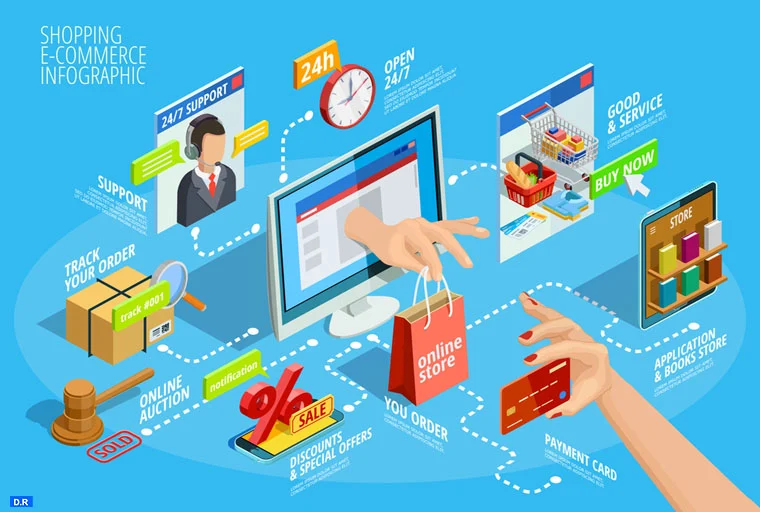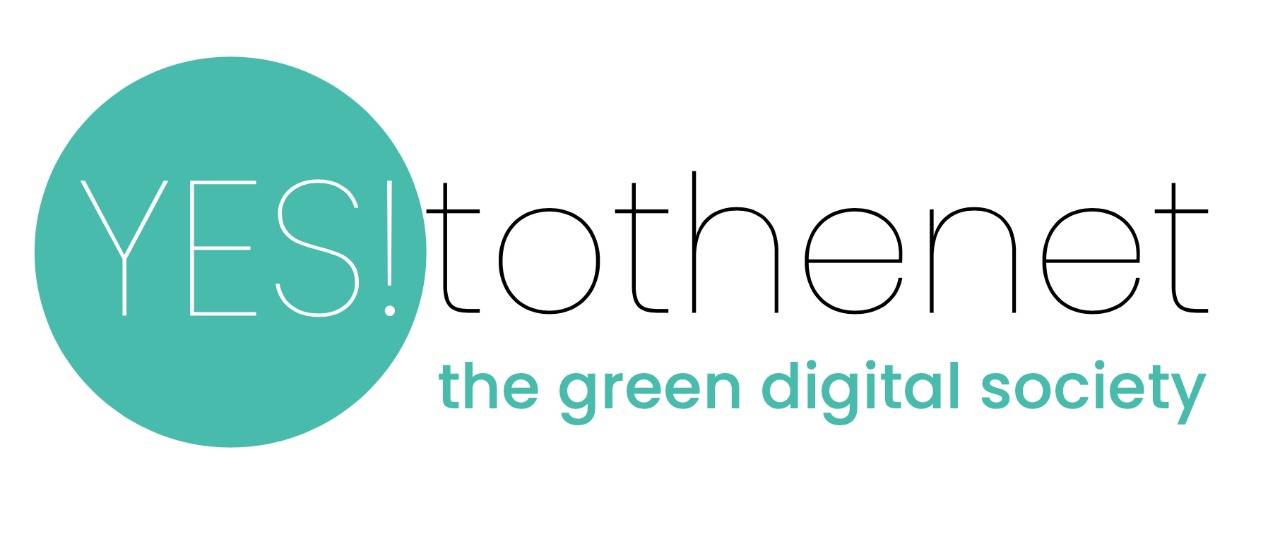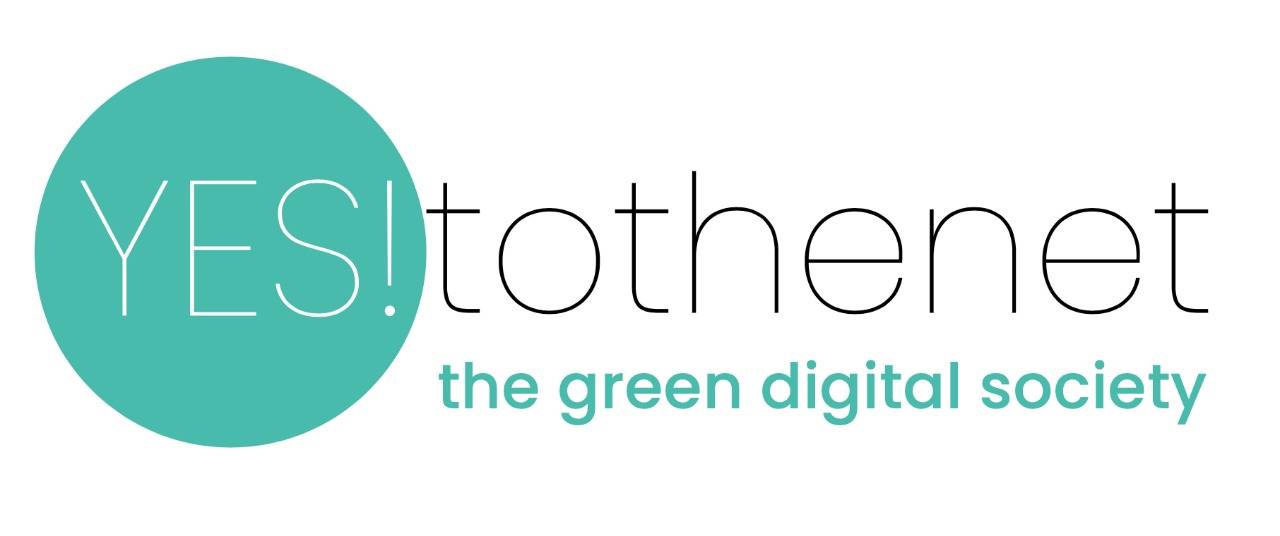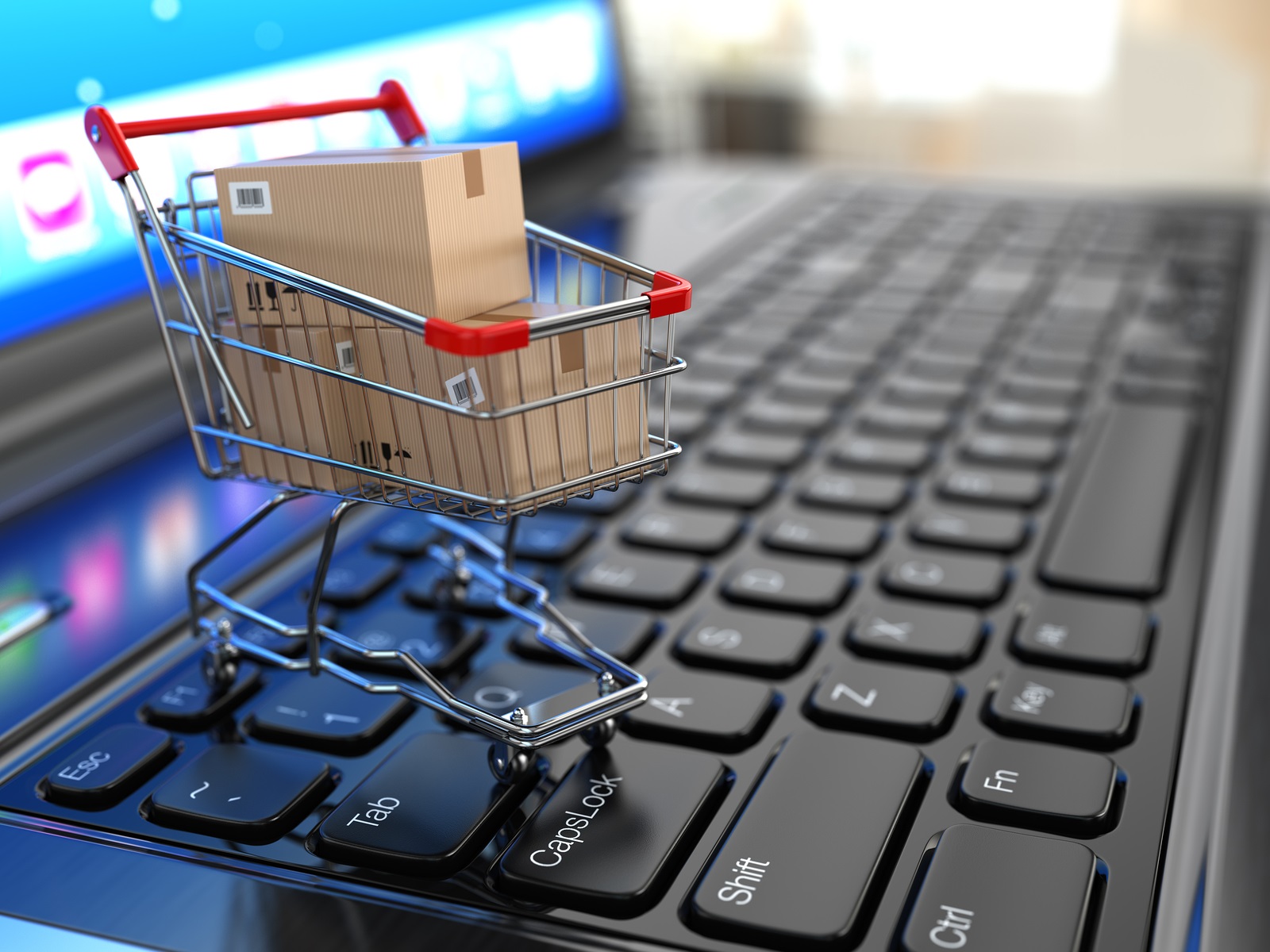The impact of e-commerce in Morocco
The impact of e-commerce on the Moroccan commercial landscape
L'e-commerce, a true commercial revolution of the 21st century, is rapidly shaping the global economic landscape. In Morocco, this trend is no exception, marking a significant transition in consumer purchasing habits. In this blog, we will explore the growing impact of the e-commerce in the Moroccan commercial landscapeWe will examine the rapidly evolving sector, its benefits for consumers and local businesses, as well as the challenges and prospects for the future. Follow us to discover how e-commerce is transforming not only the way we shop, but also the way we live and work in Morocco.
Evolution of e-commerce in Morocco
History of e-commerce in Morocco
THE e-commerce in Morocco began to emerge in the early 2000s, with the first sales platforms online offering limited products. The beginnings were modest due to low internet penetration and consumer distrust of online transactions. However, over the years, technological advancements and improved telecommunications infrastructure have enabled gradual growth in the online commerce.
Growth of the sector in recent years
Over the past decade, the Moroccan e-commerce has experienced rapid expansion. This growth has been accelerated by several factors: a significant increase in the number of internet and smartphone users, improved online payment services, and greater consumer confidence in electronic transactions. The COVID-19 pandemic has also played a crucial role, forcing many consumers to turn to online shopping due to health restrictions and lockdowns.
Main e-commerce players in Morocco
Today, the market of e-commerce in Morocco is dominated by several major players. Jumia, often dubbed "the Amazon of Africa," is one of the most popular platforms, offering a wide range of products from clothing to electronics. Retail giants Marjane and Carrefour have also invested in e-commerce, making it easier to buy groceries and other everyday goods. Meanwhile, local startups like Hmizate and MyTindy stand out by offering artisanal products and special offers tailored to the needs of Moroccan consumers.
In short, e-commerce in Morocco is booming, radically transforming the commercial landscape and opening up new opportunities for consumers and businesses.

Benefits of e-commerce for Moroccan consumers
Increased accessibility to products and services
THE e-commerce has significantly expanded Moroccan consumers' access to a diverse range of products and services. Thanks to online platforms, even people living in remote areas can now purchase products previously reserved for large cities. This accessibility reduces geographic inequalities and allows a greater number of Moroccans to benefit from a diverse range of products.
Wide selection of products available online
THE e-commerce offers an almost unlimited selection of products, far beyond what physical stores can offer. Moroccan consumers can purchase local and international items, from clothing to electronics, food products, and handicrafts. This diversity of choice meets a multitude of needs and preferences, enriching the shopping experience.
Easy to compare prices and find good deals
One of the main advantages of e-commerce is the ease with which consumers can compare prices. In just a few clicks, they can find the best deals, read other customer reviews, and choose the products that offer the best value. This price transparency allows consumers to save money and make more informed purchasing decisions.
Convenience of shopping from home
THE e-commerce offers unparalleled convenience. Consumers can shop anytime, anywhere, without the constraints of physical store opening hours. This flexibility is particularly appreciated by people with busy schedules or mobility constraints. Home deliveries, often fast, add to this convenience, making the shopping experience simple and enjoyable.
In short, e-commerce is transforming the way Moroccan consumers shop, offering increased accessibility, a wide selection of products, the ability to easily compare prices, and the convenience of shopping from home.
Impact on Moroccan businesses
Opportunities for local businesses
THE e-commerce has opened up new opportunities for Moroccan businesses, allowing them to reach a wider audience, both nationally and internationally. Local businesses can now sell their products outside their traditional geographic region, thus increasing their turnover and growth. In addition, online sales platforms allow small businesses and artisans to promote themselves without the high costs associated with opening physical stores.
Development of new business models
With the rise of e-commerce, New business models have emerged in Morocco. Companies are adopting omnichannel strategies, combining online and in-store sales to offer an integrated customer experience. Subscriptions, flash sales, and express delivery services have become commonplace, attracting a diverse customer base. Dropshipping, where merchants sell products they don't have in stock, is also increasingly popular, reducing storage and logistics costs.
Challenges and obstacles faced by businesses in adopting e-commerce
Despite its many advantages, the adoption of e-commerce presents challenges for Moroccan businesses. Logistics and delivery management remain major obstacles, especially in remote areas. Additionally, businesses must invest in appropriate technology, which can represent a significant upfront cost. The security of online transactions and the protection of customer data are also crucial concerns. Finally, building consumer confidence in online shopping is essential, which can require time and ongoing effort.
In short, e-commerce offers significant opportunities for Moroccan businesses, fostering innovation and expansion. However, they must overcome various challenges to fully capitalize on this growing market.
Transformation of the traditional retail landscape
Evolution of Moroccan consumer purchasing habits
With the rise of e-commerce, the purchasing habits of Moroccan consumers have evolved considerably. Online shopping has become an attractive alternative, allowing consumers to shop anytime, anywhere. This trend is particularly noticeable among younger generations, who are adept at new technologies and seeking convenience and diversity in their product choices.
Adapting physical stores to e-commerce
To remain competitive, many brick-and-mortar businesses have had to adapt to the digital age by adopting omnichannel strategies. These businesses are now integrating online solutions into their traditional operations, such as creating e-commerce sites and leveraging social media to attract and retain customers. Some stores also offer click-and-collect services, allowing customers to order online and pick up their purchases in-store, combining the benefits of both worlds.
Effects on traditional markets and small traders
E-commerce is having mixed effects on traditional markets and small retailers. On the one hand, some small retailers are benefiting from this transformation by expanding their customer base through online platforms. On the other hand, those who fail to adapt risk losing market share to digital competition. Traditional markets, often characterized by personal interactions and tactile experiences, must find ways to differentiate themselves and add value to their offerings to attract consumers accustomed to the convenience of e-commerce.
In short, the transformation of the Moroccan retail landscape is underway, driven by changing shopping habits and the necessary adaptation of physical stores. Traditional players must innovate and integrate digital solutions to survive and thrive in this new retail environment.
Development of e-commerce infrastructure in Morocco
Improvements in online payment infrastructure
THE development of e-commerce in Morocco has been greatly facilitated by improvements in online payment infrastructure. Electronic payment solutions have become more diversified and secure, offering Moroccan consumers options such as bank cards, e-wallets, and even mobile payment solutions. This development has increased consumer confidence in online transactions, making purchases safer and more convenient.
Development of logistics and home delivery
Logistics and home delivery are essential pillars of e-commerce. In Morocco, considerable efforts have been made to improve this infrastructure. Many companies specializing in logistics and delivery have emerged, offering fast and reliable services. Major e-commerce players have also invested in their own distribution networks to ensure punctual and secure deliveries, even to the most remote regions of the country. These improvements have increased customer satisfaction and reduced delivery times.
Investments in e-commerce technologies and platforms
To support the rapid growth of e-commerce, significant investments have been made in e-commerce technologies and platforms. Moroccan companies are investing in cutting-edge technologies such as artificial intelligence, big data, and supply chain management systems to optimize their operations. E-commerce platforms, both local and international, continue to improve their user interfaces, security, and functionality to provide a seamless and intuitive online shopping experience.
In conclusion, the development of e-commerce infrastructure in Morocco has been marked by significant improvements in online payments, logistics, and technology. These advances have not only facilitated consumers' access to online commerce, but also strengthened the competitiveness of Moroccan companies in the digital market.
Challenges and prospects for the future
Barriers to the adoption of e-commerce in Morocco
Despite its rapid growth, the e-commerce in Morocco faces several barriers. Challenges include a logistics infrastructure that still needs to be improved, especially in rural areas, and high delivery costs. In addition, uneven internet penetration and digital literacy gaps are hampering the adoption of e-commerce by some of the population. SMEs, in particular, face difficulties integrating e-commerce technologies due to limited financial resources.
Need to strengthen consumer trust and online security
Consumer confidence in online transactions remains a major challenge. Concerns about payment security, personal data protection, and the reliability of delivery services can deter potential buyers. To overcome these obstacles, it is crucial to strengthen cybersecurity measures, ensure transparent return and refund policies, and raise consumer awareness about safe online shopping practices.
Growth potential and prospects for the future of e-commerce in Morocco
Despite these challenges, the growth potential of e-commerce in Morocco is immense. Increasing internet penetration, the popularity of smartphones, and the continued improvement of logistics infrastructure are creating an environment conducive to the expansion of online commerce. Government initiatives to promote digitalization and private investment in cutting-edge technologies are also supporting this growth. In the future, e-commerce could play a central role in the Moroccan economy, providing opportunities for innovation, employment, and economic development.
In short, e-commerce in Morocco is evolving rapidly, with numerous challenges to overcome but also significant potential to sustainably transform the country's retail landscape. Efforts to strengthen consumer security and trust, combined with improved infrastructure, will be essential to achieving this vision.
Conclusion
L'future of e-commerce in Morocco is promising, with significant growth potential and continued transformation of the business landscape. Efforts to overcome current challenges, such as consumer confidence and infrastructure improvements, will be instrumental in realizing this potential. We invite our readers to share their comments and personal experiences with the e-commerce in MoroccoYour stories are valuable in understanding the realities on the ground and in encouraging the improvements needed for a prosperous digital future for all.
Contact our communications agency.



